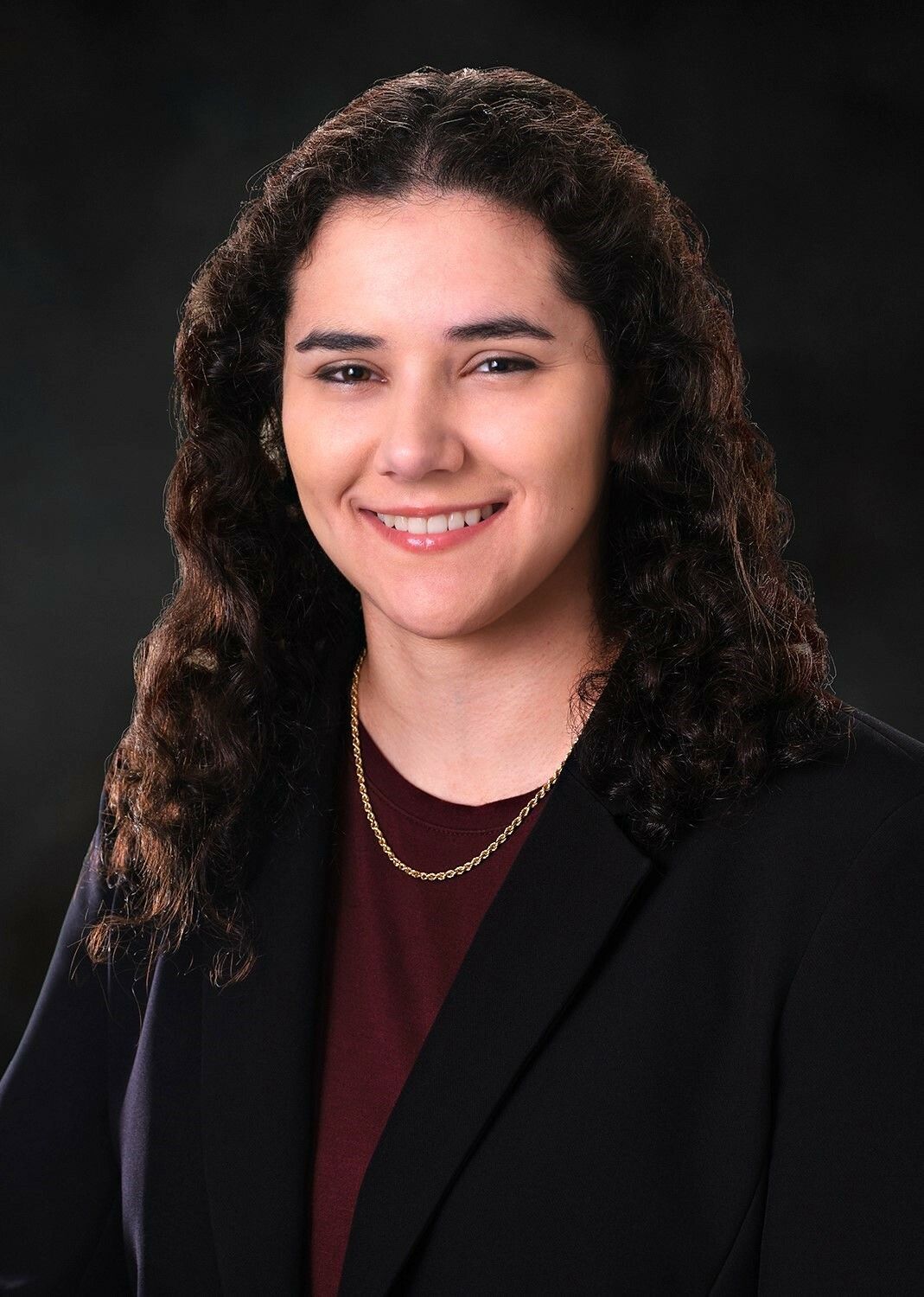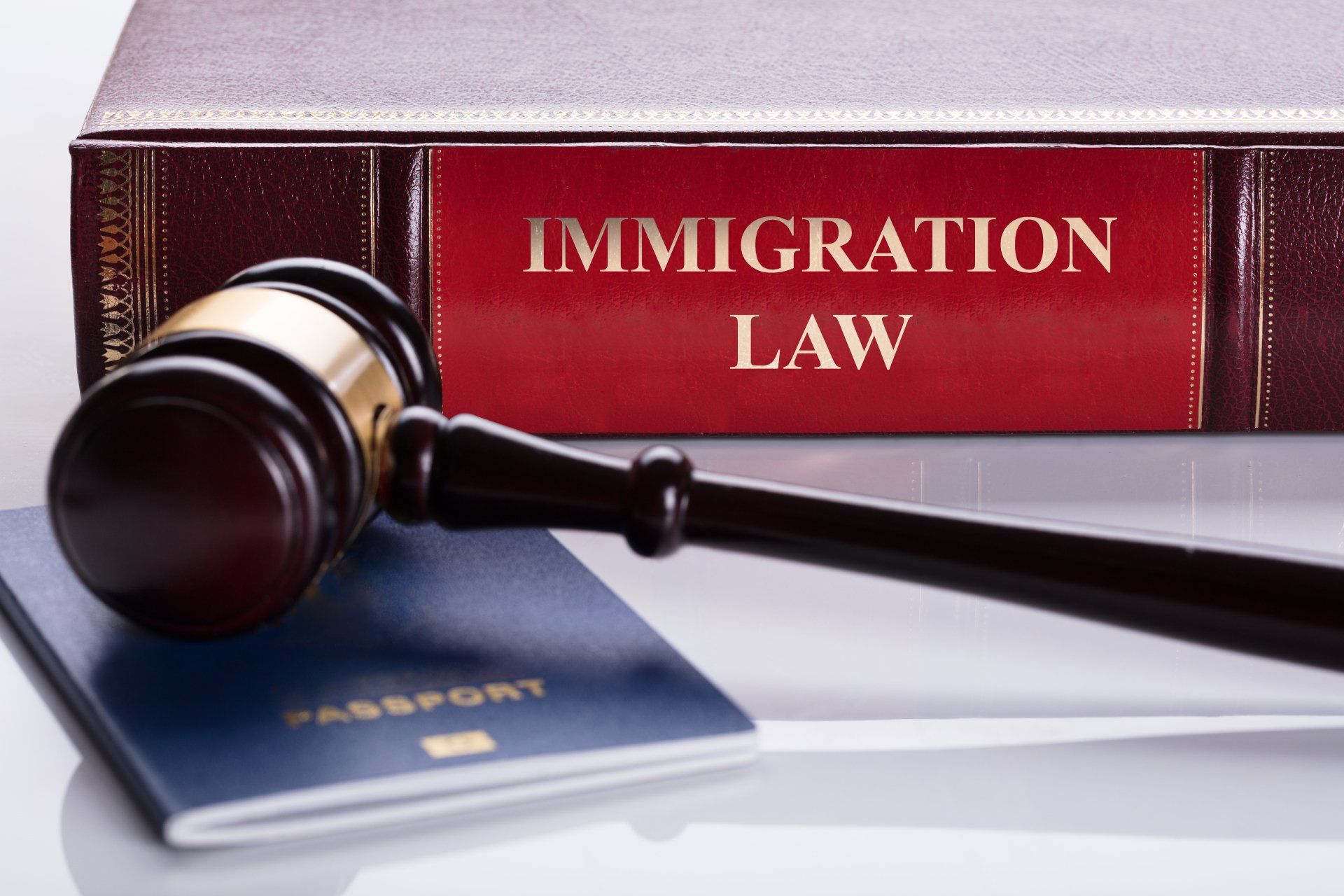Although it is always advisable to seek an attorney's advice when litigation appears imminent, perhaps you would like to avoid litigation altogether by settling a case quickly before the attorneys get involved. You're hesitant, however, to initiate any conversation regarding an out-of-court settlement, fearing that an offer to settle would be tantamount to either admitting liability on the one hand, or, on the other, admitting that your claim is invalid or worth very little. This fear is certainly reasonable, as you might have any number of reasons for settling a dispute that have nothing to do with your belief as to your liability regarding a dispute, such as avoiding the emotional, social, and other consequences of litigation.
Here is a rule to remember if faced with this situation: Rule 408 of the Tennessee Rules of Evidence states that evidence of either making or accepting a settlement offer is inadmissible at a subsequent trial. Moreover, even evidence of your conduct or statements made during settlement negotiations is also inadmissible at trial. According to Tennessee Law of Evidence, the leading treatise on evidence law, this includes documents drafted to facilitate negotiations or to memorialize the results. For example, if you admit while negotiating a settlement that you were driving over the posted speed limit, that statement would be inadmissible pursuant to Rule 408.
Tennessee courts favor out-of-court settlements over litigation. Rule 408 is designed to encourage parties to settle or attempt to settle without fear that your opponent will later use your olive branch as a weapon.
There are a few important caveats to Rule 408. First, the Rule only applies to disputes as to the validity or amount of a claim. Tennessee Law of Evidence provides the following illustration: if you admit you are a party to a contract, that you owe the other party $1,000 under the contract payable in weekly installments of $100, then Rule 408 does not apply to a negotiation to reduce the payments to $50 per week for twice as many weeks. In this case, there is no dispute as to the validity or amount of the debt.
Second, Rule 408 only bars evidence of settlement offers and negotiations to prove a party'sliability for or invalidity of a claim. Rule 408 does not prohibit the use of such evidence for other purposes.
Finally, out of an abundance of caution, any settlement offer reduced to writing should clearly state at the outset that it is an offer to settle a disputed claim, and that it is not admissible during the course of subsequent litigation regarding the dispute.
Rule 408 does not arm you with everything you need to know when attempting to settle a claim. It is an important Rule to remember, however, if you choose to undertake settlement negotiations without an attorney.
About the author: Cody Roebuck received his J.D. from the University of Mississippi School of Law in 2013, where he graduated summa cum laude. He is the newest addition to Grant, Konvalinka & Harrison, P.C., and his practice is concentrated on litigation and dispute resolution, including labor and employment and personal injury claims.
This blog is not intended to create an attorney/client relationship or provide legal advice. Please contact the author if you have any questions or comments regarding the subject matter.











